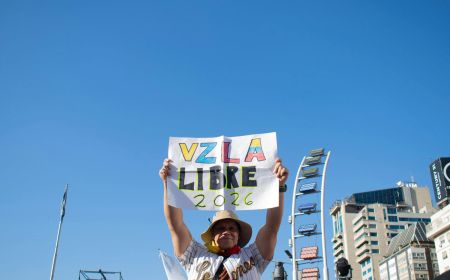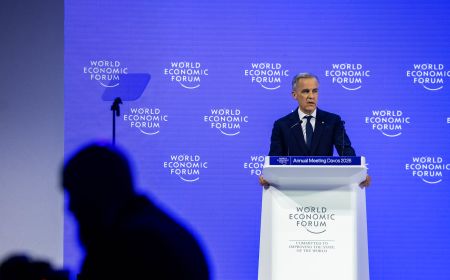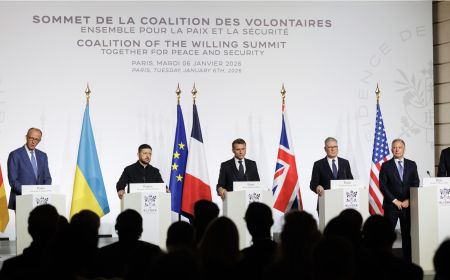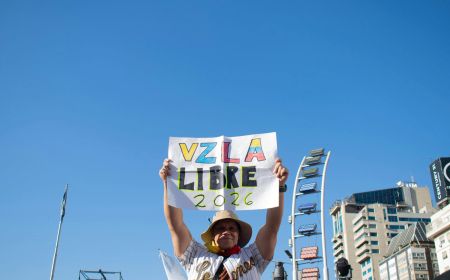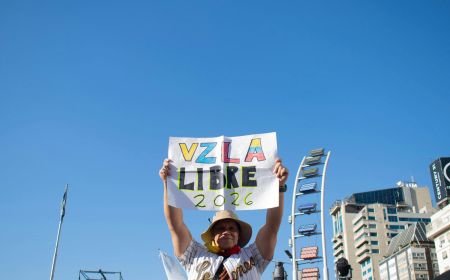What the West Got Wrong About Russian “Hybrid Warfare”: Understanding Russian Unconventional Activities Will Determine Future Strategies and the Resilience of Europe
Alongside Russia’s full-scale military invasion of Ukraine, non-military operations across Europe have also been on the rise, blending methods of espionage, disinformation campaigns, cyberattacks and sabotage with other unconventional means of attack. These events have given new impetus to analyses on how to address the issue of ‘hybrid warfare’. The ongoing negotiations on a ceasefire and an end…

